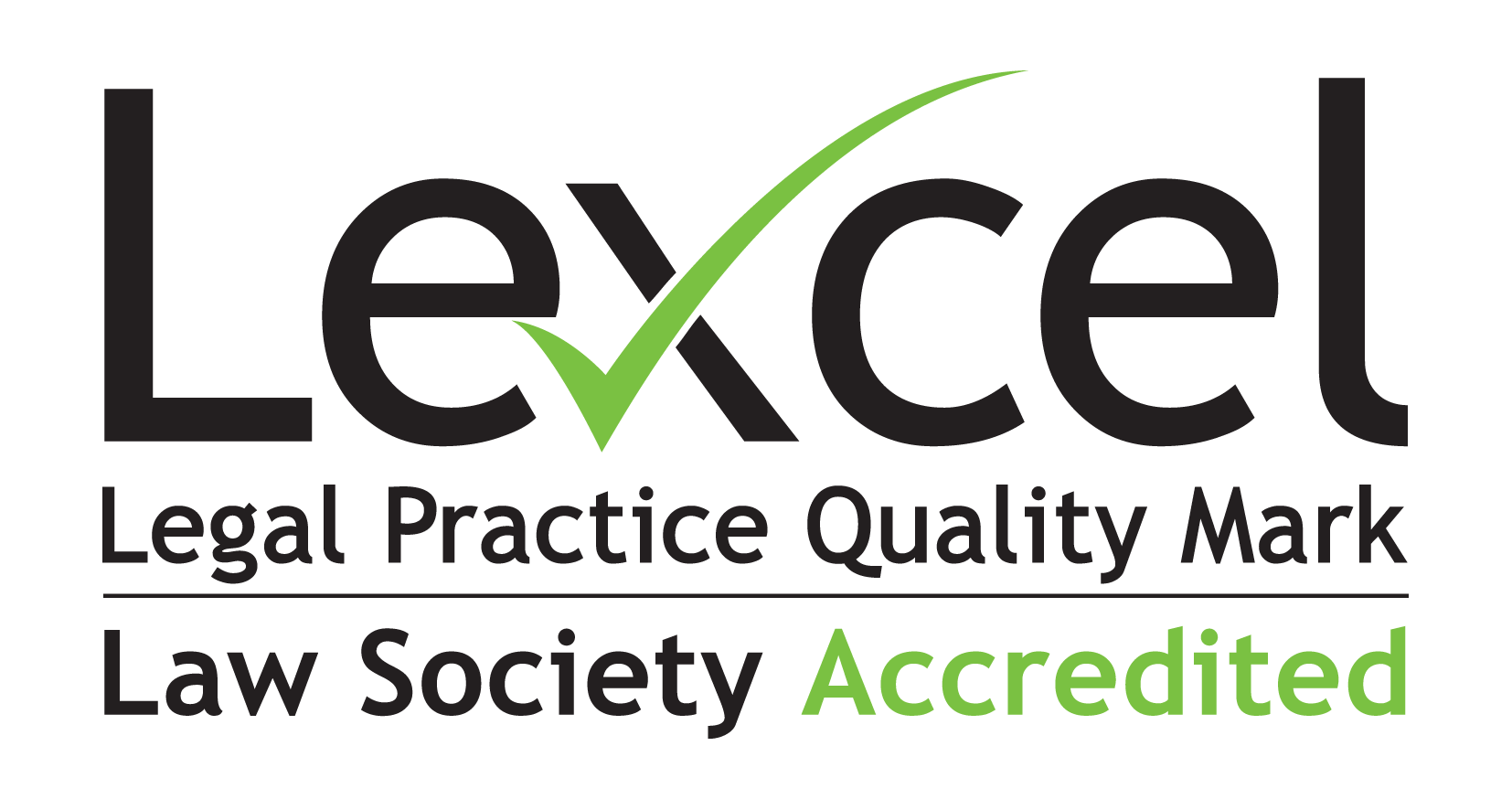Collaborative law is a fast growing alternative to handling a wide range of family law matters, including divorce financial settlements, arrangements for children, and pre-nuptial and post-nuptial agreements. Here at Pickering & Butters we champion this method, because everyone involved is absolutely committed to finding the best solutions by agreement, rather than through court proceedings.
If you decide to opt for collaborative law to resolve your dispute, you will be in safe hands by choosing Pickering & Butters.
Collaborative law is something we highly recommend and have had great success with, in particular where there are disputes concerning children or finances. In our experience it almost always results in a more amicable conclusion, saving time and money in the process.
Several of our family law team – Amy Bedford, and Gill Patterson– are trained collaborative lawyers and members of Resolution, an organisation of legal professionals all dedicated to helping clients find amicable solutions to family law matters.
Our expertly trained collaborative lawyers are ready and waiting to help with your particular case.
Get in touch to arrange your free 30-minute initial consultation
For tailored legal advice on using collaborative law to resolve your family law matter, please get in touch with our Staffordshire solicitors in Stafford and Rugeley.
What is collaborative law?
Collaborative law is a fresh way to approach family law issues without involving the courts. It works by encouraging a cooperative relationship between the parties and focusing on agreement rather than fighting. Couples who choose collaborative law reduce the risk of disputes arising throughout the proceedings, so are more likely to settle the matter quickly and with fewer costs. The process can also be much less stressful than court proceedings, particularly for any children involved.
The collaborative law process
If you choose to deal with your separation collaboratively, each party appoints their own specially trained collaborative lawyer and the lawyers and clients meet together in a series of four way meetings to resolve the issues. This means you can agree who starts the divorce, how the finances should be considered and reach an agreement regarding the children through a more holistic approach where correspondence is minimised and things are dealt with directly. This means we can focus entirely on a swift and amicable resolution for you.
Before the first meeting begins, an agreement is signed committing all involved to doing everything possible to resolve all the issues without going to court. This, and the fact that the solicitors involved are prevented from representing you should the process break down and the case reach court, demonstrates the commitment to a resolution outside of court.
Collaborative law FAQs
Is collaborative divorce a good idea?
Collaborative law is a good idea in many situations, particularly in divorces, civil partnership dissolutions and separations where matters can quickly turn acrimonious.
The process is based on resolving issues swiftly and amicably, focusing on mutual agreement between the parties rather than the concept of “winning” or “losing”. Agreements that arise from collaborative law proceedings are likely to work in the long-term because they are designed to find a balance between the individual needs of each party and the collective needs of the family.
Collaborative law is also useful for complex cases involving things like international property and High Net Worth Individuals, that can be difficult to address during other methods of Alternative Dispute Resolution. This is because the process involves all parties being represented by a trained collaborative lawyer who can provide legal advice throughout the process. You can also invite other specialists to your collaborative law sessions, such as accountants and independent financial advisors, to provide their expert insight into your case.
Of course, collaborative law may not be suitable for everyone, for example, if there are risks of domestic abuse or public children law issues. We can provide clear advice about whether collaborative law is a good idea for you in your personal circumstances.
What is an amicable divorce?
Amicable divorce is a term used to describe a divorce where the couple is able to come to a mutual agreement on all related matters, including financial matters and arrangements for children.
Collaborative law is all about helping clients achieve an amicable divorce. We find that where both parties are prepared to talk openly and honestly about their expectations, concerns and needs, finding an agreement becomes much easier.
How long does the collaborative law process take?
This will vary depending on your individual circumstances. In some cases, couples are able to come to an agreement within just a few sessions. In others, usually the more complex cases, the process might take 5 or 6 sessions or even more.
The benefit of the process is you can arrange the sessions to fit around your own schedule, unlike court proceedings where hearing dates are set by the court and cannot easily be changed.
Does choosing collaborative law mean you can’t go to court?
You don’t give up your right to apply to court by going through the collaborative law process. On the contrary, the court may look upon you more favourably if you have demonstrated a true desire to settle matters amicably before resorting to court proceedings.
However, you may have to wait for the collaborative law process to finish before you can start court proceedings. This is because you will need to sign a participation agreement at the start of the process committing yourself to doing everything possible to reach an agreement.
Get in touch with our collaborative law solicitors
We offer a free 30-minute initial consultation to new, qualifying family law clients. For tailored legal advice on using collaborative law to resolve your family law matter, please get in touch with our Staffordshire solicitors in Stafford and Rugeley.





